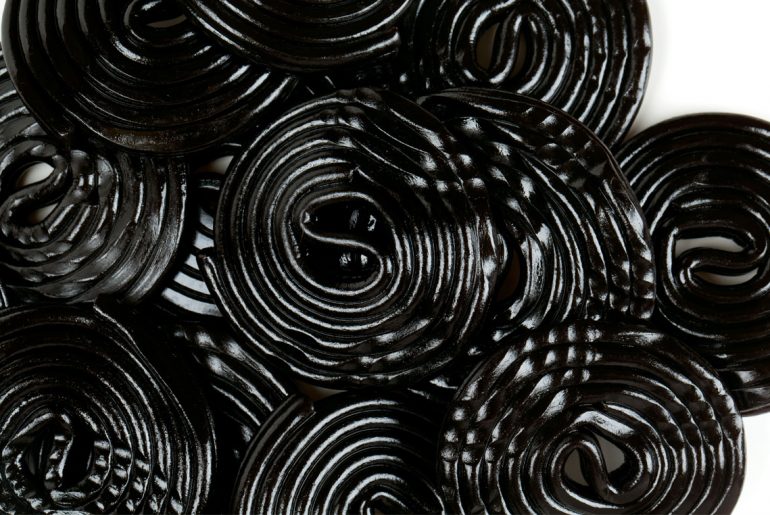This week as you’re snacking on Reese’s cups and Snickers in a post-Halloween candy coma, remember there is one candy you really can overdose on — black licorice.
The Food and Drug Administration (FDA) encourages people to remember during this candy-centric time of year, that if you enjoy snacking on this old-fashioned favorite, to do it in moderation, particularly if you are over 40.
FDA experts say glycyrrhizin, a sweetening compound found in black licorice that can cause potassium levels to fall in the body. With low potassium levels, some people will experience lethargy, abnormal heart rhythms or even congestive heart failure.
If you’re a fan of back licorice, the FDA offers advice:
- No matter your age, don’t eat copious amounts of black licorice at a time.
- If you develop any of the symptoms listed above such as an irregular heartbeat or muscle weakness, stop eating the black licorice immediately and call your doctor.
- Black licorice has been known to interact with some medications and dietary supplements. Talk to your doctor if you eat black licorice and have questions about possible negative interactions with prescriptions or supplements you take.
For licorice flavored foods, there is not likely reason to worry. Most “licorice” or “licorice flavored” products made in the United States contain similarly-tasting anise or anise oil.
The good news is that potassium levels will return to normal levels after you stop gorging on licorice.




